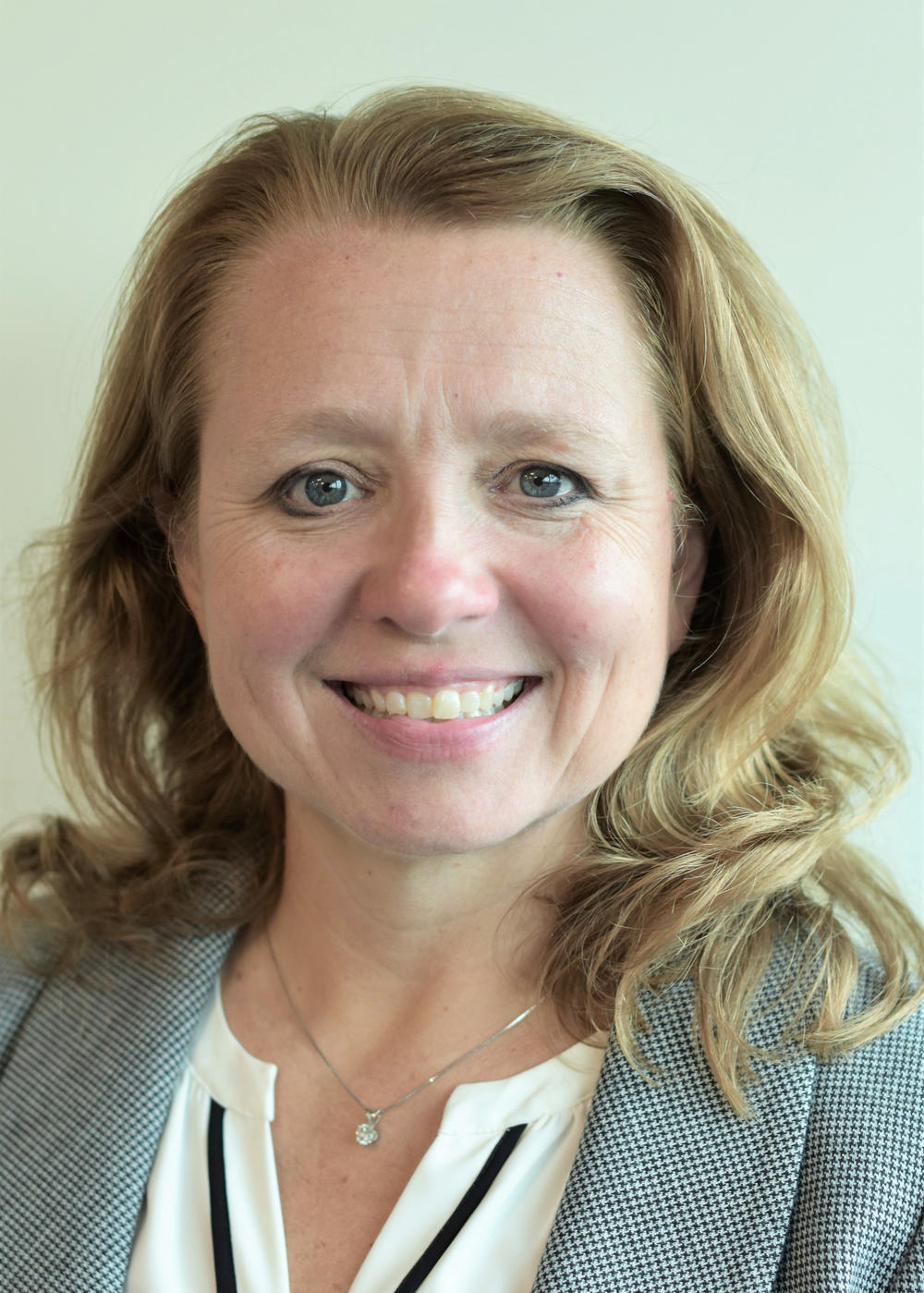Section Branding
Header Content
How Schools Use Social, Emotional Learning Curriculum To Teach Mental Health
Primary Content
As mental health becomes a political talking point, Georgia schools are finding innovative ways to make social and emotional learning part of the curriculum.
Dr. Debra Murdock is the executive director for Cherokee County School District's Social Emotional Learning initiative. She spoke to On Second Thought on the importance of sustaining mental balance for students.
Most people who become violent do not have a diagnosis of mental illness. In fact, research shows people who do are more likely to be victims of crimes than perpetrators. Still, after each mass shooting, we hear contrary messages.
President Donald Trump said after the shootings in El Paso, Texas, and Dayton, Ohio, that, “We must reform our mental health laws to better identify mentally disturbed individuals who may commit acts of violence.”
Further, the president called for involuntary confinement. “Mental illness and hatred pull the trigger,” Trump said. “Not the gun.”
President Donald Trump speaks about mental health after the mass shootings in Texas and Ohio.
While mental illness gets caught up in rhetoric, the need to address it is real, notably, among young people. The American Psychological Association says as many as one in five children has a mental health need.
Interview Highlights
On how this new focus on social and emotional learning fits in with traditional mental health care
Social emotional learning helps students and adults manage emotions, set positive goals, understand others, have empathy for others and understand really what they're about as a human being. Mental health awareness really fits right up underneath the umbrella of social emotional learning.
On the Georgia Apex Program, which Gov. Brian Kemp allocated $8.4 million in the current budget
The Apex program certainly is an important piece of our program. Our program looks at a totality of the child and the adult. We look at five tenets and Apex really fits under one of those. So, our tenets are really looking at trauma-informed practices, helping our staff and students understand about trauma —where their own trauma comes from and recognizing that.
Apex is a collaborative of mental health providers and our governor has really sought to expand that program, but mental health awareness and suicide prevention is a second tenet.
Equity and access culture competencies: We want our students to understand that all students are different … and they're all very important in our school system. A positive behavior offering work. We want teachers to collaborate on positive behaviors and their staff. Self-care is very important. We can't really look at our kids and their needs without focusing our staff. It's very important that we acknowledge that our staff needs to take care of themselves and we need to help that process along. So Apex is a very important process right underneath that mental health and awareness piece.
I think only about 20% of schools have Apex providers in their schools, but we're looking forward to beginning conversations with our Apex providers in our district and seeing how they can really help our kids in our schools.
On the need for mental health counselors in schools
We're approaching 43,000 kids in our district. You know, that's really 8,500 kids that really need support, and of those how many are not diagnosed? We really want to get a grasp on the kids that need that support, but also funding the others that possibly need support and don't have it yet.
RELATED: Roswell Student, Georgia MFOL Founder Calls For More Mental Health Counselors In Schools
We have two (new) mental health providers. We have 91 counselors in the school district. So, it's really going to take a totality of focus and that's what we're seeing in our district. It takes a village to raise them. Not only are we talking about the counselors and psychologists and social workers but also we're talking about teacher empowerment and teacher development. But we are making a push for everyone in our district. We have professional learning for our cafeteria workers, our bus drivers, our custodians, our facilities, our technologists. Everyone in this district's going to be responsible for this initiative moving forward.
On making social and emotional learning part of the curriculum
You embed that curriculum. It's small pieces and large pieces. We have really done a great job, I think, in the last year of finding out what kids need and we've used some surveys very successfully to do that. We've used a group called Panorama that really looks at the social emotional learning needs of our students. We started that pilot last year in middle schools and we're expanding that to k-12 so that we know where kids stand in their resiliency, in their self-efficacy; what they feel about their grit.
Using that kind of information, really targeting some specific learning goals to the child (is) almost making an individual plan for their learning needs. But it's going to take a collaborative. We know we're part of that. Our community has stepped forward … and we're super excited about that.
One of the things that we became very aware of in a Georgia health survey last year was that a significant portion of our kids — about 24% — said they wanted and needed a significant adult at school that they connect with. That is one of our missions this year: that each child in our district of 43,000 students has a significant adult figure a relationship in their life.
On measuring emotional intelligence or learning
We're really banking on and very confident in some of the results we've seen from these surveys about how kids view themselves because it really is a self-assessment. It's very difficult for one to test social emotional learning, but kids can tell us themselves.
Get in touch with us.
Twitter: @OSTTalk
Facebook: OnSecondThought
Email: OnSecondThought@gpb.org
Phone: 404-500-9457



